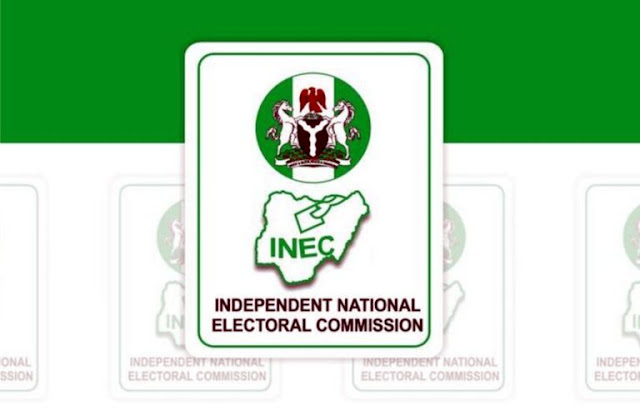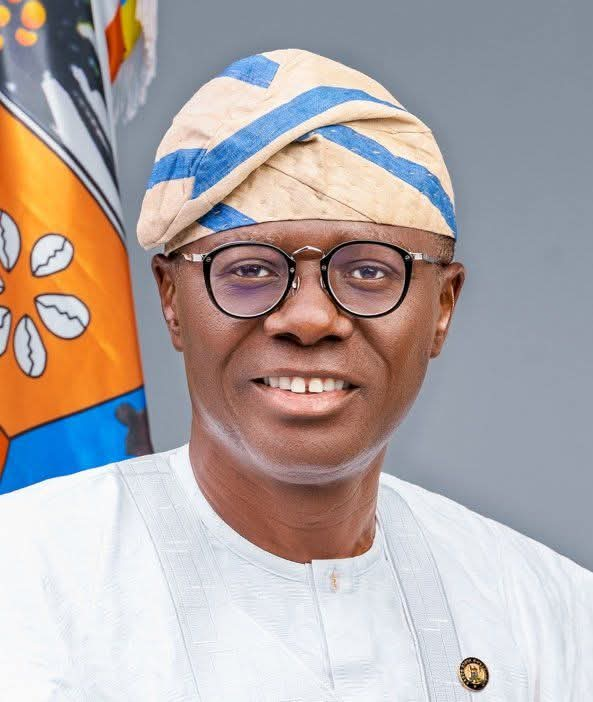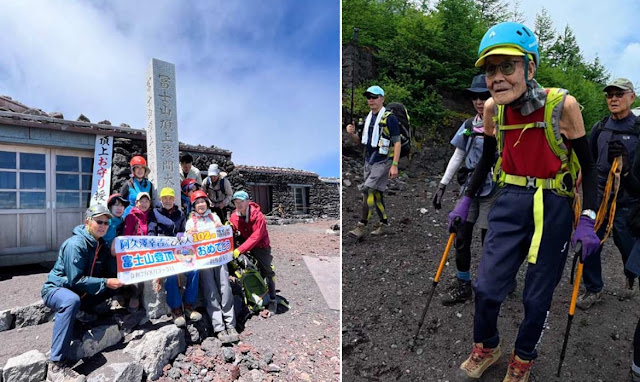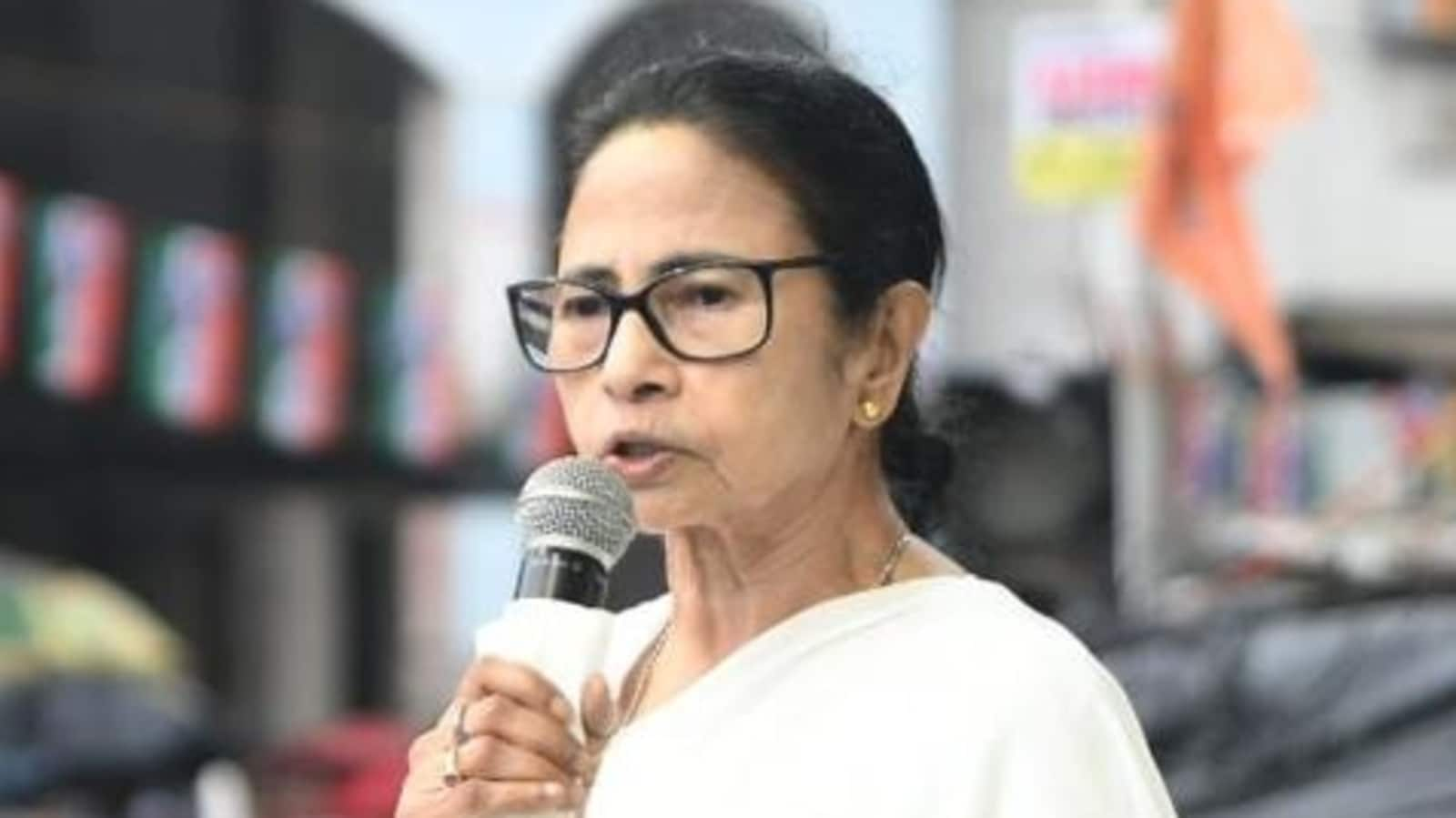The Independent National Electoral Commission (INEC) has announced that a remarkable 1,379,342 Nigerians successfully completed the online pre-registration phase during the first week of the Continuous Voter Registration (CVR) exercise, which took place from August 18 to 24, 2025. This milestone marks a significant step in Nigeria’s ongoing efforts to ensure that every eligible citizen has the opportunity to participate in the democratic process. The figures, detailed in the CVR State Pre-Registration Report shared with journalists, reflect a robust public response to the commission’s call for voter registration and underscore the importance of civic engagement in shaping the nation’s future.
A Nationwide Surge in Voter Engagement
The CVR exercise, designed to expand Nigeria’s voter register and ensure that eligible citizens are adequately prepared for upcoming elections, saw impressive participation across the country. The online pre-registration phase, which allowed citizens to begin the registration process remotely, was a critical component of INEC’s strategy to make voter registration more accessible and efficient. By leveraging digital platforms, the commission aimed to reduce barriers to participation, particularly for those in urban areas or with access to internet services.
Lagos State emerged as the leader in raw pre-registration numbers, recording 222,205 entries, which accounted for 16.11 percent of the national total. This significant turnout reflects Lagos’s position as Nigeria’s economic hub and its large, diverse population. However, Osun State stood out for its proportional dominance, contributing 393,269 registrants, equivalent to 28.51 percent of the total. This figure highlights the state’s strong civic engagement and suggests a high level of awareness and enthusiasm among its residents. Ogun State followed with 132,823 registrations, representing 9.63 percent of the national total, further demonstrating the South-West region’s active participation in the exercise.
The Federal Capital Territory (FCT) also recorded substantial engagement, with 107,682 registrations, accounting for 7.81 percent of the total. Oyo State added 66,951 registrations (4.85 percent), while Kaduna and Kogi states contributed 61,592 (4.47 percent) and 58,546 (4.24 percent), respectively. Kwara and Kebbi states recorded 33,726 and 35,009 registrations, respectively, while Yobe demonstrated notable participation with 34,888 registrants.
Regional Breakdown of Pre-Registration
The CVR pre-registration figures reveal significant regional variations, reflecting Nigeria’s diverse demographic and geographic landscape. In the South-South region, Delta State led with 24,421 registrations, followed by Rivers State with 11,314 and Akwa Ibom with 12,373. Cross River and Bayelsa recorded more modest figures, with 4,055 and 4,638 registrations, respectively, while Edo and Ondo contributed 2,875 and 3,426 registrations, respectively. The relatively lower numbers in some South-South states may reflect challenges such as limited internet access or lower awareness of the online pre-registration process.
The North-East region demonstrated strong engagement, with Borno State leading at 21,045 registrations. Bauchi followed with 13,066, while Adamawa, Gombe, and Taraba recorded 2,155, 4,103, and 2,395 registrations, respectively. Yobe’s impressive 34,888 registrations placed it among the top-performing states nationally, underscoring the region’s commitment to electoral participation despite security challenges in some areas.
In the North-West, Kaduna’s 61,592 registrations were complemented by Kano (10,166), Katsina (11,004), Jigawa (8,243), Kebbi (35,009), Sokoto (12,478), and Zamfara (2,947). Kebbi’s strong performance highlights its residents’ eagerness to participate in the democratic process, while the lower figures in states like Zamfara may indicate logistical or awareness-related challenges that INEC will need to address in future phases of the exercise.
The North-Central region also saw considerable participation, with Niger State recording 24,818 registrations and Nasarawa contributing 11,555. Plateau and Benue added 6,586 and 7,305 registrations, respectively, while Kogi’s significant numbers positioned it among the top-performing states in the region. These figures reflect the region’s diverse population and varying levels of access to digital infrastructure.
In contrast, the South-East region recorded relatively low participation in the online pre-registration phase. Ebonyi had the lowest figures nationally, with only 261 registrations, followed closely by Enugu (484) and Imo (481). Abia contributed 772 registrations, while Anambra was not listed separately in the report. The low turnout in the South-East may be attributed to factors such as limited internet penetration, skepticism about the electoral process, or a preference for in-person registration among residents. INEC will need to intensify awareness campaigns and outreach efforts in this region to boost participation in the physical registration phase.
Transition to Physical Registration
Following the successful completion of the online pre-registration phase, INEC announced that the physical phase of the CVR commenced on August 26, 2025, across the country. This phase requires both new applicants and those who completed the online pre-registration to visit designated INEC centres to finalize their registration. At these centres, biometric data, including fingerprints and photographs, will be captured to ensure the integrity of the voter register.
The commission has established 811 registration centres nationwide, including all 774 Local Government Area offices and State offices, to facilitate the process. These centres will operate from 9:00 a.m. to 3:00 p.m., Monday through Friday, providing ample opportunity for citizens to complete their registration. INEC has emphasized that the CVR is open exclusively to Nigerian citizens aged 18 years and above who have never previously registered, ensuring that only eligible individuals are added to the voter register.
In addition to new registrations, the ongoing CVR exercise allows for voter transfers within or across states and replacements for lost or damaged voter cards. This flexibility is designed to accommodate citizens who have relocated or encountered issues with their voter cards, ensuring that no eligible voter is disenfranchised. By offering these services, INEC is demonstrating its commitment to making the electoral process as inclusive and accessible as possible.
Ensuring Accessibility and Inclusivity
INEC has reaffirmed its commitment to inclusive electoral participation by putting in place arrangements to ensure accessibility for persons with disabilities and other vulnerable groups. These measures include the provision of assistive devices, priority access at registration centres, and trained staff to assist individuals with special needs. The commission’s focus on inclusivity reflects its broader mission to ensure that every eligible Nigerian, regardless of physical or socio-economic challenges, can exercise their democratic rights.
The emphasis on accessibility is particularly significant in a country as diverse as Nigeria, where barriers such as disability, illiteracy, or geographic isolation can prevent citizens from participating in the electoral process. By prioritizing inclusivity, INEC is taking proactive steps to address these challenges and build a more equitable electoral system.
Implications for Nigeria’s Electoral Landscape
The strong turnout during the first week of the CVR’s online pre-registration phase is a positive indicator of public enthusiasm for democratic participation. The high numbers in states like Osun, Lagos, and Ogun suggest that citizens are eager to engage in the electoral process and have their voices heard in upcoming elections. This surge in registrations also underscores the effectiveness of INEC’s digital strategy, which has made it easier for tech-savvy citizens to begin the registration process from the comfort of their homes.
However, the regional disparities in participation highlight the need for targeted interventions to ensure that all parts of the country are equally engaged. The low registration figures in the South-East, for example, point to the importance of intensifying awareness campaigns and addressing logistical barriers such as limited internet access. INEC may also need to collaborate with local leaders, civil society organizations, and community groups to boost participation in underperforming regions.
The successful implementation of the CVR exercise is critical to ensuring that Nigeria’s voter register is accurate, up-to-date, and reflective of the country’s growing population. With millions of young Nigerians reaching voting age each year, the CVR provides an opportunity to capture this demographic and ensure that their voices are represented in the democratic process. The inclusion of voter transfers and card replacements further enhances the exercise’s impact, allowing INEC to address longstanding issues that have affected voter participation in previous elections.
Challenges and Opportunities
While the CVR’s first week has been a success, the exercise is not without challenges. The transition from online pre-registration to in-person registration may pose logistical difficulties, particularly in rural areas where access to INEC centres is limited. The commission will need to ensure that its 811 registration centres are adequately staffed, equipped, and accessible to handle the expected influx of registrants. Additionally, the low participation in some regions, particularly the South-East, highlights the need for targeted outreach efforts to address regional disparities.
Security concerns in certain parts of the country, particularly in the North-East and North-West, may also affect the physical registration phase. INEC will need to work closely with security agencies to ensure that registration centres are safe and accessible for all citizens. The commission’s ability to address these challenges will be critical to the success of the CVR and the credibility of future elections.
Despite these challenges, the CVR presents significant opportunities to strengthen Nigeria’s electoral system. By expanding the voter register and improving accessibility, INEC is laying the foundation for more inclusive and representative elections. The commission’s embrace of digital tools, such as online pre-registration, also signals its commitment to modernizing the electoral process and keeping pace with global best practices.
Looking Ahead
As the physical phase of the CVR gets underway, INEC faces the critical task of maintaining the momentum generated during the online pre-registration phase. The commission’s ability to efficiently process registrants, capture biometric data, and address logistical challenges will determine the overall success of the exercise. By ensuring that the process is transparent, inclusive, and accessible, INEC can build public trust and confidence in the electoral system.
The CVR is more than just a logistical exercise; it is a cornerstone of Nigeria’s democratic process. By enabling millions of Nigerians to register as voters, INEC is empowering citizens to shape the future of their country. The strong turnout in the first week of the CVR is a testament to the resilience of Nigeria’s democracy and the determination of its people to participate in the governance process.
As the nation prepares for upcoming elections, the CVR will play a pivotal role in ensuring that every eligible citizen has the opportunity to vote. INEC’s commitment to inclusivity, accessibility, and transparency will be critical to achieving this goal. With the right strategies and resources, the commission can build on the success of the first week and deliver a voter registration process that strengthens Nigeria’s democracy for years to come.








